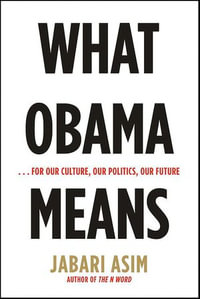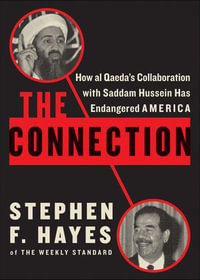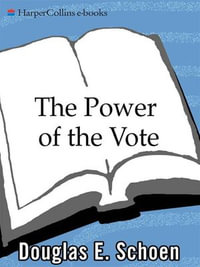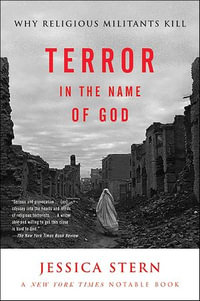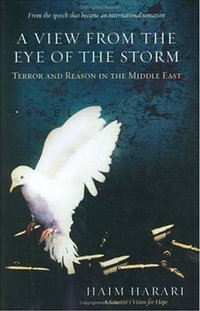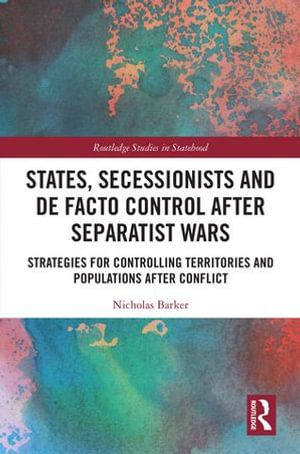
eTEXT
States, Secessionists and De Facto Control after Separatist Wars
Strategies for Controlling Territories and Populations after Conflict
By: Nicholas Barker
eText | 5 May 2025 | Edition Number 1
At a Glance
eText
$81.39
or
Available: 5th May 2025
Preorder. Online access available after release.
Read online on
Desktop
Tablet
Mobile
Not downloadable to your eReader or an app
Why choose an eTextbook?
Instant Access *
Purchase and read your book immediately
Read Aloud
Listen and follow along as Bookshelf reads to you
Study Tools
Built-in study tools like highlights and more
* eTextbooks are not downloadable to your eReader or an app and can be accessed via web browsers only. You must be connected to the internet and have no technical issues with your device or browser that could prevent the eTextbook from operating.
ISBN: 9781040355954
ISBN-10: 1040355951
Series: Routledge Studies in Statehood
Available: 5th May 2025
Format: ePUB
Language: English
Publisher: Taylor & Francis
Edition Number: 1
You Can Find This eBook In
This product is categorised by
- Non-FictionHistoryRegional & National HistoryEuropean History
- Non-FictionWarfare & Defence
- Non-FictionReference, Information & Interdisciplinary SubjectsInterdisciplinary StudiesPeace Studies & Conflict Resolution
- Non-FictionPolitics & GovernmentPolitical Control & Freedoms
- Non-FictionPolitics & GovernmentInternational RelationsInternational Institutions
- Non-FictionEngineering & TechnologyOther Technologies & Applied SciencesMilitary Engineering


